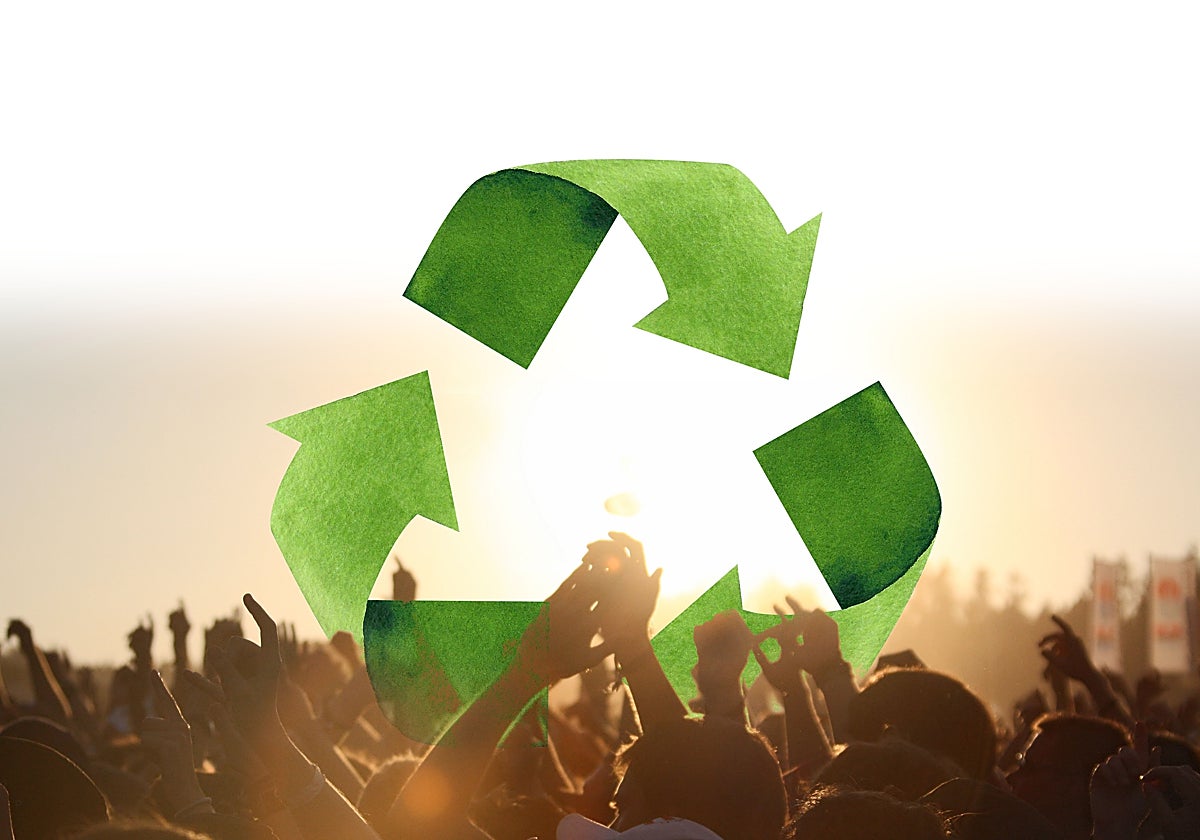Malaga’s music festivals are really going green
Reusable glasses, fabric instead of plastic for wristbands and ties, electric vehicles, solar energy and free water bars. The large-scale events move away from eco-posturing and take action with measures to reduce their environmental impact
One tonne of CO2 would fill a two-metre deep swimming pool measuring 10 metres by 25 metres. To put this into perspective, just one round of large-scale concerts, such as Marenostrum, generates a carbon footprint about 136 times that volume. Measurements were taken during the last concert season by the Fuengirola festival team itself, collecting thousands of data from its different departments. Because you have to know where you come from to be clear about where you are going.Musical events are signing up to the green philosophy, fully aware of the impact they have on the environment. They handle thousands of people in a very short time, hire artists who travel the world with all their gear and generate tonnes of waste in remarkable spaces, such as near the beach or close to the mountains. So they want to make up for that.
It is the only formula currently available to curb negative environmental impacts: reduce carbon emissions as much as possible and offset them with positive actions, such as planting trees, programmes to recover the flora in the environment and campaigns to clean the oceans. So that is also where the big musical events are involved.
Because “zero carbon footprint is not currently possible, although we are working on it,” said Paloma Orte, director of Sustainability for Last Tour, the promotion company behind the Cala Mijas International Festival. “Pollution, we’ll continue to produce pollution, just as the rest of the planet will. It is about doing it responsibly,” said Daphne Martínez, in charge of the Sustainability Plan for Marenostrum Fuengirola, a site managed by the local council and used by different promoters.
“This is a long-distance race that starts here,” said Silvia M. Ferri, organiser of Alhautor, a small series of concerts in Alhaurín de la Torre that, in the latest round of concerts, is implementing measures “with our feet on the ground” with the help of Omawa Huella Ecológica, consultants on sustainability in companies.
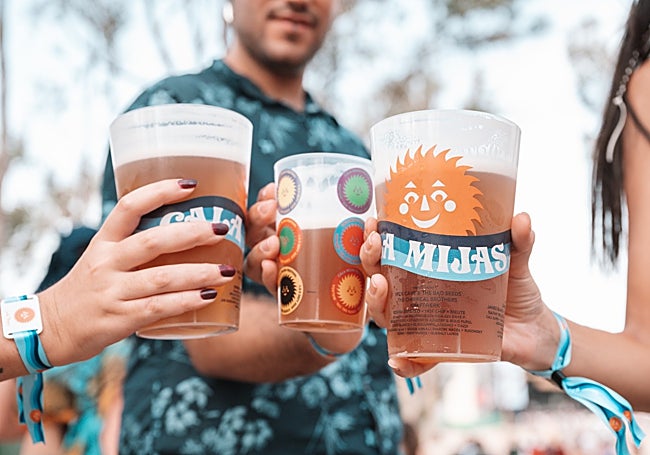
Zoom

Good intentions that show a move away from mere eco-posturing to real action. Like reusable glasses, the most widespread, and a visible effort to go green. It involves an additional cost for the consumer (normally one euro, sometimes refundable), but it puts an end to the thousands of plastic glasses that pile up on the floor of the venues after a major gig. At Marenostrum they have gone one step further this year: those glasses that the public do not take away with them (some keep them as souvenirs) are returned to the factory and are made into fruit cartons without using water. In the case of Alhautor, for their part, they opted for biodegradable and compostable glasses at the bars.

Zoom

In this battle against plastic, at Starlite events water is consumed in a microplastic-free, cardboard container made with renewable materials by Ly CompanyAqualy. In festivals such as Cala Mijas, Marenostrum, Alhautor and Weekend Beach in Torre del Mar, there is a bar providing free water to the public that seeks to end, or at least reduce, the number of plastic water bottles. Moreover, at Weekend Beach, fabric is already replacing plastic in the classic wristbands that give access to the festival.
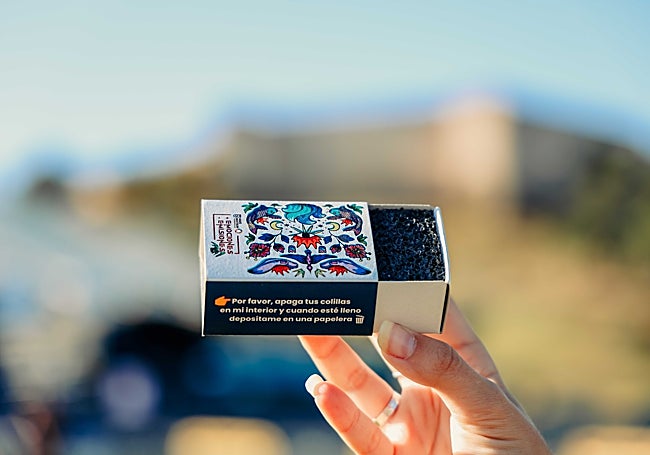
Zoom

Alongside replacing plastic, progress is also being made in waste management. At Marenostrum, a compacting machine purchased with the help of Coca-Cola, came into use this year. After passing through it, the cans that would normally occupy four, 1,000-litre, yellow recycling bins are crushed to a volume that fills just a third of one bin. In addition, they have managed to put an end to the thousands of discarded cigarette butts that litter the grass nightly, by handing out matchbox-sized cartons with a damp sponge inside so up to 20 cigarettes can be extinguished and stored.
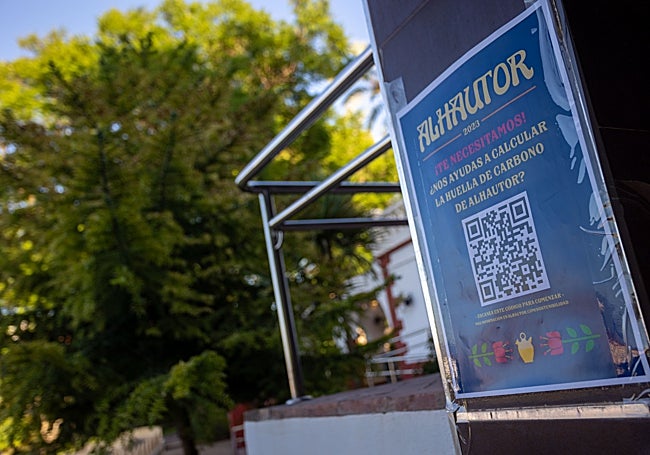
Zoom

Last Tour, for its part, has a waste management plan implemented by a green team that works within the festival, managing the containers and waste separation. In addition, many apply the maxim of reusing all possible elements to do with production. At Starlite, for example, banners and posters are turned into backpacks, tote bags and other accessories. To a greater or lesser extent, recycling is a reality in all events. In the concerts organised by Grupo Mundo, specific containers for plastics, cardboard and organic waste are always present. The Weekend Beach organisers collaborate with Ecovidrio and Alhautor collaborates with Ecoembes to optimise waste treatment.
Music draws thousands of people who need to travel to these venues with the pollution that this entails. However, even this mass movement can be made greener. Staff, artists and guests increasingly use low-impact, electric and hybrid cars. This is already the case with Marenostrum and Starlite. In all cases, the use of public transport to get to the venue is encouraged. In Alhautor, in addition, they have proposed to measure the carbon footprint of each attendee to give a reliable calculation of emissions, simultaneously raising awareness with concert-goers. During the days of the event a digital tool is made available to the public that allows them to calculate their impact through four simple questions. “After analysis, the necessary data is gathered to enable the calculator to estimate the amount of carbon dioxide emitted on your trip to our festival,” said a spokesperson for Alhautor.
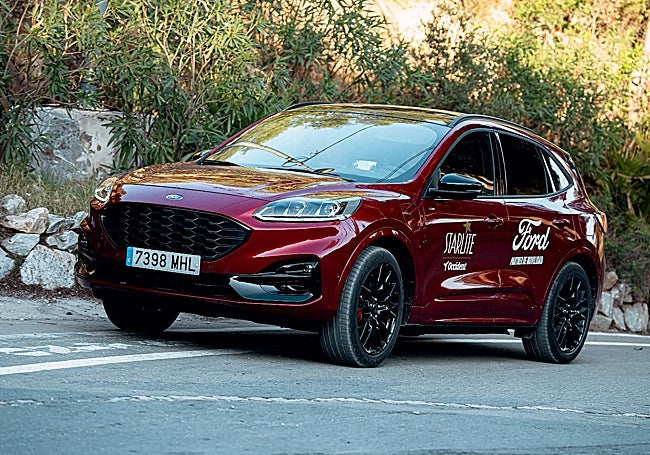
Zoom

noticed by the thousands of people dancing to the rhythms of the latest ‘big’ artist. For example, at Marenostrum, around 20,000 plastic ties are used every year to hang all the canvas sheets that cover the perimeter and the stage, and to hold the billboards and signage. Single-use ties that end up in the rubbish. This year, however, 80% of the straps are now made of cloth with a 10-year lifespan. Their initial cost is higher, but they more than pay for themselves in the long run and, above all, they do not pollute. There is still more. In this year’s concert season, for the first time, the offices, dressing rooms and the big screen that overlooks Fuengirola’s promenade are powered by renewable energy, thanks to an innovative solar cube designed by Repsol for Marenostrum, a pilot project that opens up multiple possibilities for an independent energy source for use in small spaces with unreliable mains supply. Also as part of this collaboration with Repsol, an approved company collects used cooking oil from the food trucks and turns it into renewable fuel. In Starlite, for its part, renewable and non-polluting energy is also used, in addition to having installed low-energy lighting and smart meters.
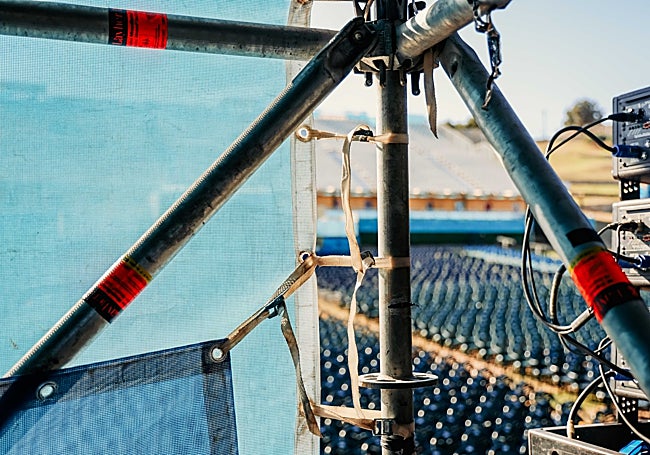
Zoom

The contracting of 0km catering services, training personnel in recycling, good environmental practices and making the green message part of all business operations, are other measures already implemented in many music companies that work in Malaga province. However, despite all efforts, zero impact does not exist. Therefore, once it is known what the impact is, it is time to offset it as much as possible. In the case of the Fuengirola concert season, with the support of Repsol, the best location is being sought to create the Marenostrum Forest with tree-planting to match their CO2 emissions. In Alhautor the offset will be achieved through projects available via the Carbon Offset Platform of the United Nations. And in Cala Mijas, which this year achieved the BCorp certificate for its economic, social and environmental commitments, they are involved with the immediate environment in actions such as the cleaning of the seabed.
Sustainable development is now part of the DNA of companies in the music industry. “We only understand it that way. The festivals that we organise take place in unusual places, in the middle of the countryside and our priority is to take care of them”, stated Paloma Orte in reference to BBK Live and Cala Mijas, which is held from August 31 to September 2 in the Sonora concert venue, surrounded by mountains and a stone’s throw from the sea. “It’s not just our responsibility, we have a moral obligation to do it well,” said Daphne Martínez about Marenostrum, whose concert season runs over four months, right next to the beach, in a park with archaeological remains, and in the vicinity of an Arab castle, all with heritage protection. The same thing happens in Starlite Occident, in an old quarry nestling in the foothills of Sierra Blanca: “The festival cares for and protects this wonderful, natural space,” they said.
They all agree that the public values this environmental commitment. “People encourage us to continue via comments on social media and in the answers to the questions we ask them after the festival,” said the person in charge of Last Tour. Alhautor explained it as needing to become aware of shared reality and to change thinking, both their own and their customers: “With every concert season we must go a step further.”

